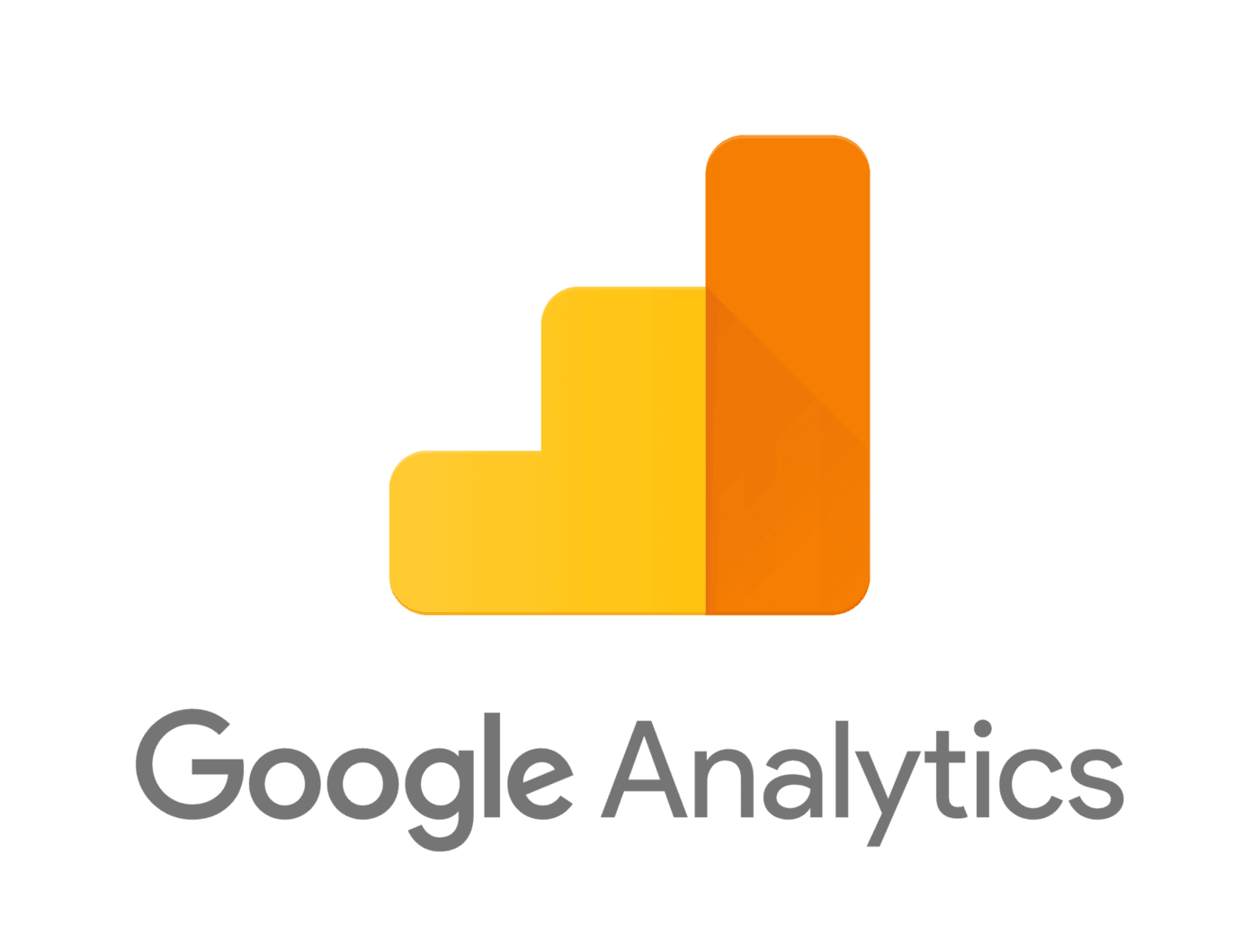In today’s digital age, data is a crucial asset for any organization looking to succeed online. Google Analytics is a powerful tool that allows website owners to gain valuable insights into their online performance. While many people are familiar with basic Google Analytics techniques, there are also advanced techniques that can be used to gain even more insight into website performance. In this blog, we will be discussing advanced Google Analytics techniques and how they can be used to gain a competitive advantage.
Understanding Advanced Google Analytics Techniques:
1. Enhanced Ecommerce Tracking:
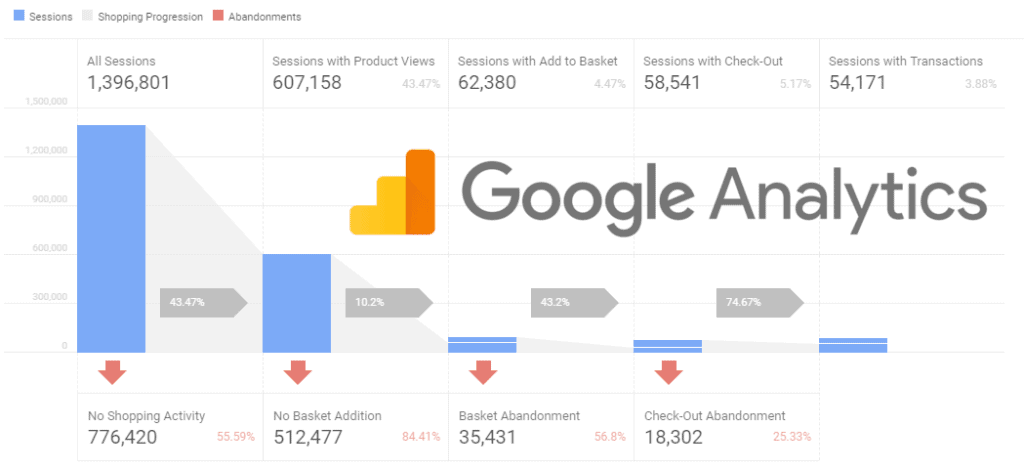
Enhanced E-commerce Tracking is a powerful Google Analytics feature that enables website owners to track customer behavior throughout their online store’s sales funnel. This feature can capture key metrics like product impressions, add-to-cart events, and checkout behavior. By leveraging this data, website owners can optimize the user experience and increase conversions.
2. User Flow Visualization:
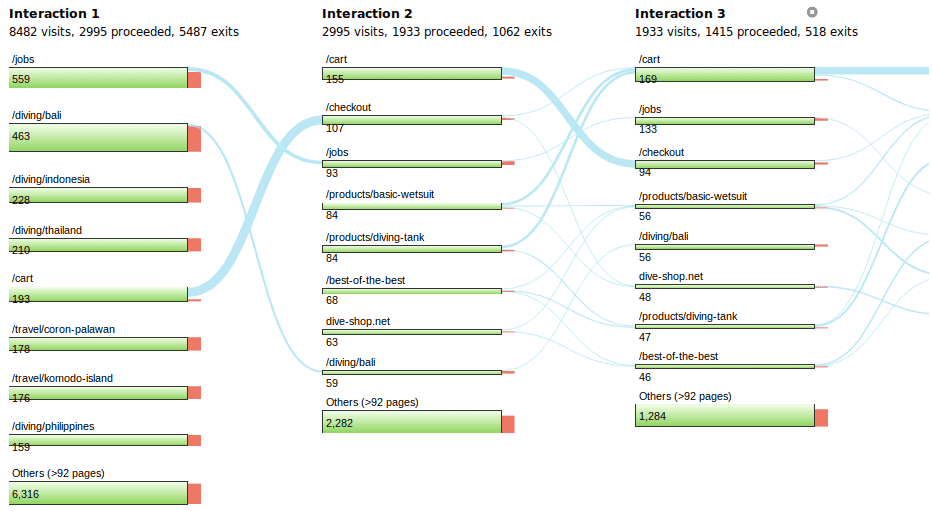
User Flow Visualization is a critical tool that allows website owners to visualize user behavior as they navigate their websites. This powerful feature helps identify popular pages, areas of the site that receive high bounce rates, and overall user behavior. By analyzing user flow visualization, website owners can pinpoint areas for improvement, such as optimizing landing pages or improving site navigation.
3. Custom Dimensions:
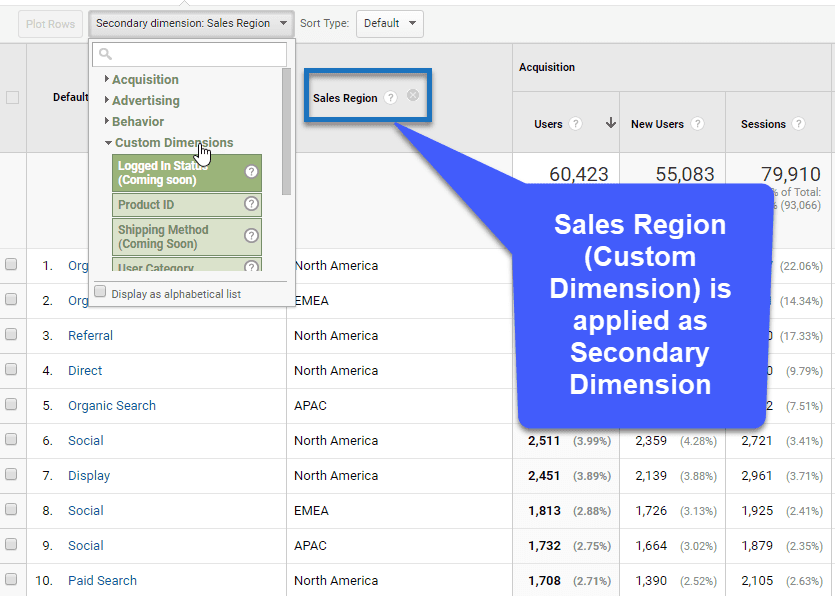
Custom Dimensions is an advanced Google Analytics feature that empowers website owners to track and analyze custom data that is not included in the default tracking code. This includes data such as user demographics, interests, and behaviors. By leveraging Custom Dimensions, website owners can gain a deeper understanding of their target audience and develop more targeted marketing campaigns.
4. Funnel Visualization:
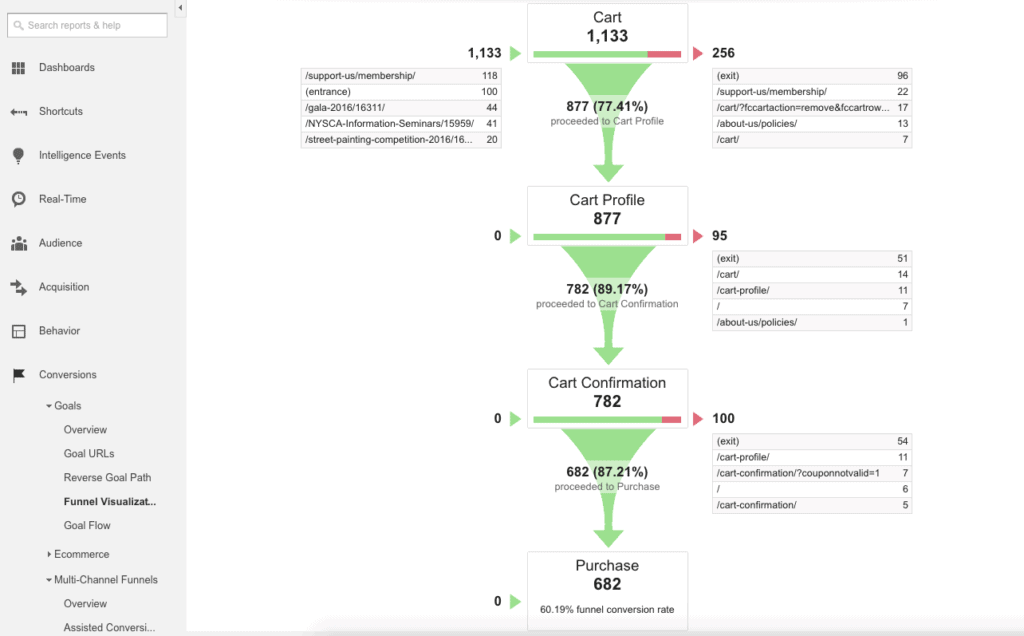
Funnel Visualization is a valuable Google Analytics feature that allows website owners to track the performance of a specific conversion funnel. This feature helps identify areas where users are dropping off in the conversion process. By optimizing the conversion funnel based on the Funnel Visualization report, website owners can increase the conversion rate and improve the overall user experience.
5. Site Speed Analysis:
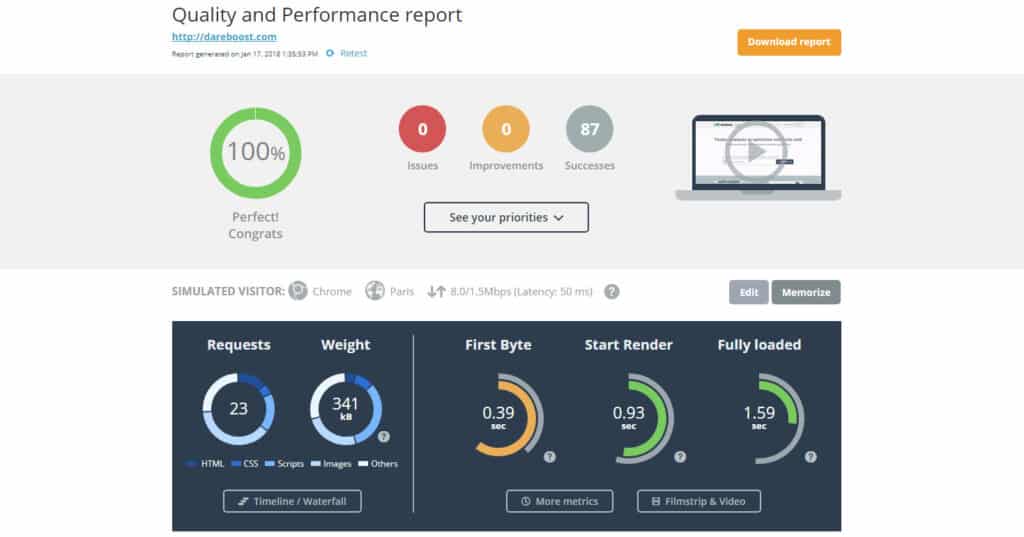
Site Speed Analysis is a crucial Google Analytics feature that enables website owners to track the speed at which their site loads. Slow site speed can negatively impact the user experience and ultimately lead to lost conversions. By identifying slow-loading pages and making necessary optimizations, website owners can improve user engagement and ultimately drive higher conversion rates.
6. Custom Alerts:
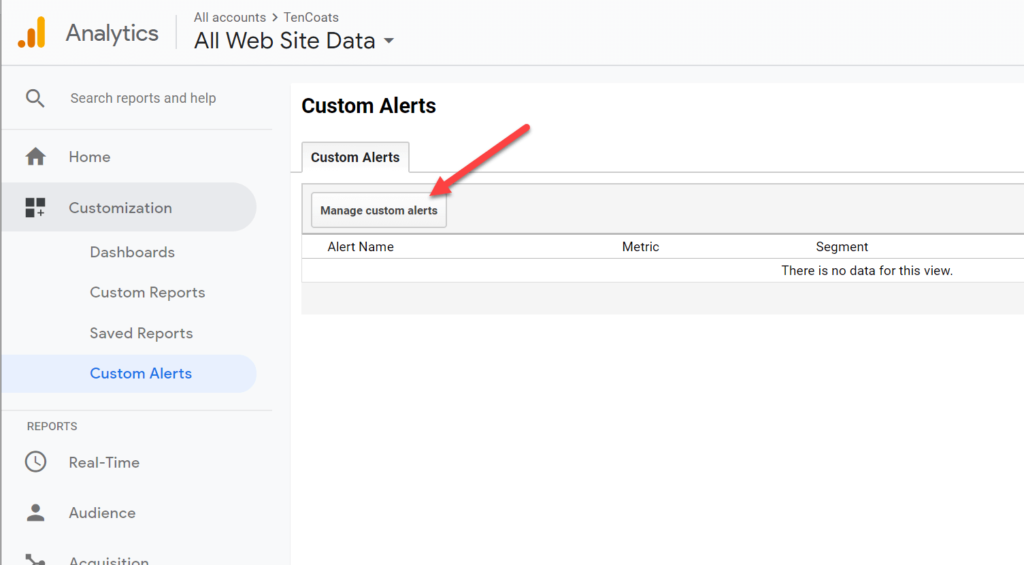
Custom Alerts is a robust Google Analytics feature that enables website owners to set up custom alerts for specific metrics or events. For instance, a sudden drop in website traffic can trigger an alert to notify the owner immediately. By acting quickly on these alerts, website owners can prevent a decline in performance or identify issues before they become critical.
7. User-ID Tracking:
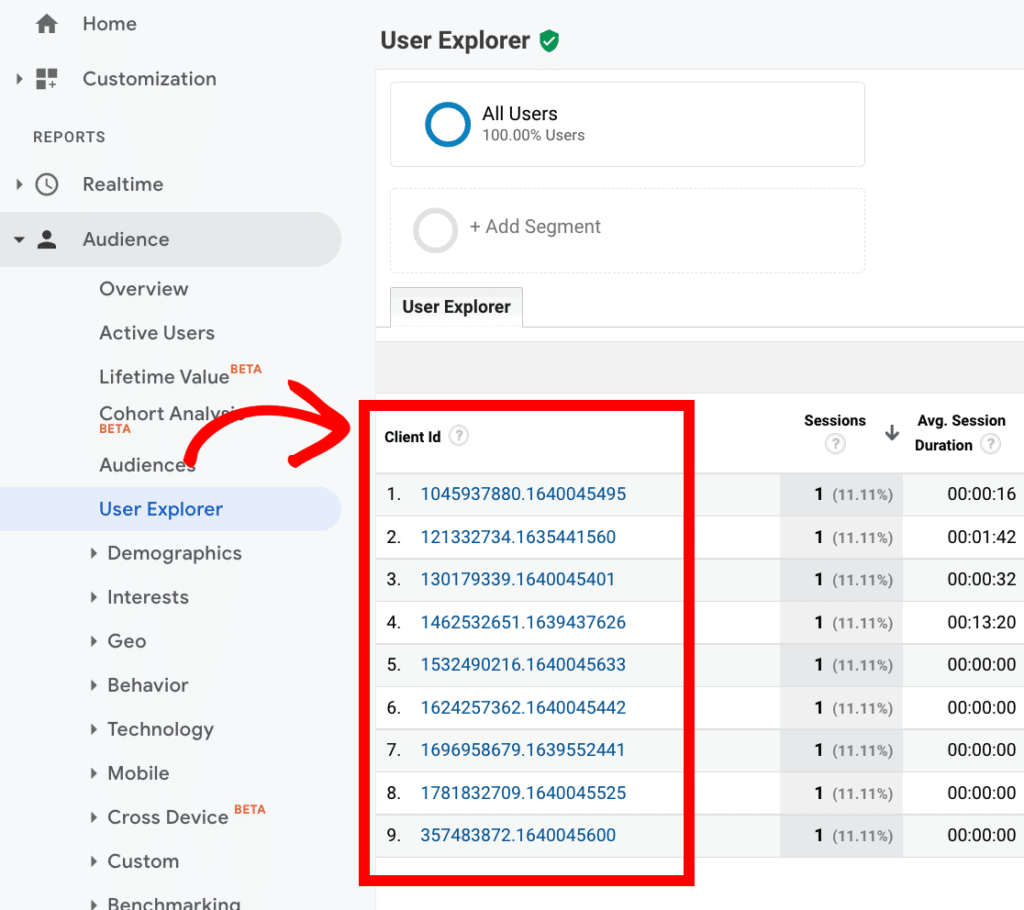
User-ID Tracking is an advanced Google Analytics feature that enables website owners to track specific users across multiple sessions and devices. This feature provides in-depth insights into user behavior across different devices, and across multiple interactions with the website. By leveraging this data, website owners can optimize the user experience and increase conversions.
8. Content Grouping:
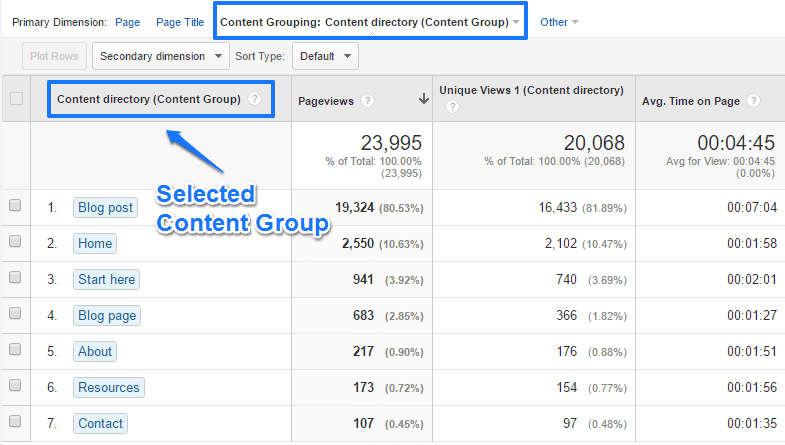
Content Grouping is a useful Google Analytics feature that enables website owners to categorize website pages based on specific criteria. For instance, an e-commerce website can group its products by category and track their performance. This feature provides insights into how different types of content perform and identify areas for improvement.
9. Custom Attribution Modeling:
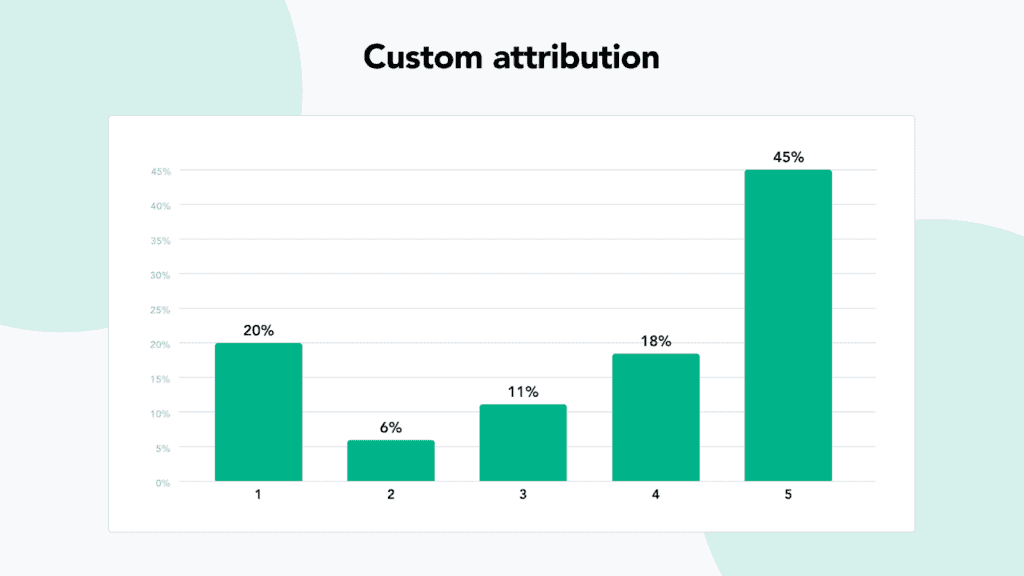
Custom Attribution Modeling is an advanced Google Analytics feature that allows website owners to create their attribution models to assign credit to different marketing channels for conversions. This feature provides valuable insights into which marketing channels are most effective and where to allocate resources to optimize marketing efforts.
10. Real-Time Reporting:
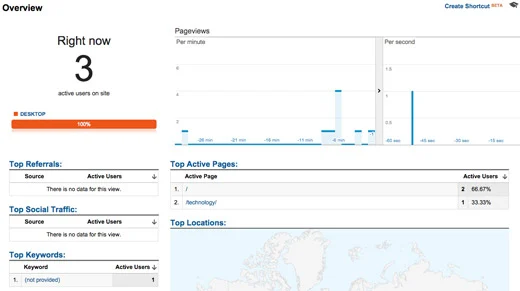
Real-Time Reporting is a powerful Google Analytics feature that enables website owners to view website performance data in real time. This feature can be leveraged to identify sudden changes in website performance, monitor the performance of a new marketing campaign, or track user engagement during a live event. By using Real-Time Reporting, website owners can make informed decisions quickly and optimize the user experience.
In conclusion, advanced Google Analytics techniques can provide website owners with valuable insights into their online performance. By using custom metrics and dimensions, segmentation, event tracking, enhanced e-commerce, and custom reports, website owners can gain a competitive advantage by identifying areas for improvement and optimizing the user experience.
Other advanced Google Analytics techniques to consider include multi-channel funnels, user flow analysis, attribution modeling, cohort analysis, and custom channel groupings. By mastering these techniques, website owners can gain a deeper understanding of their website’s performance and make data-driven decisions to improve their online presence. If you’re looking to take your online performance to the next level, then advanced Google Analytics techniques are a must-have tool in your digital marketing arsenal.

